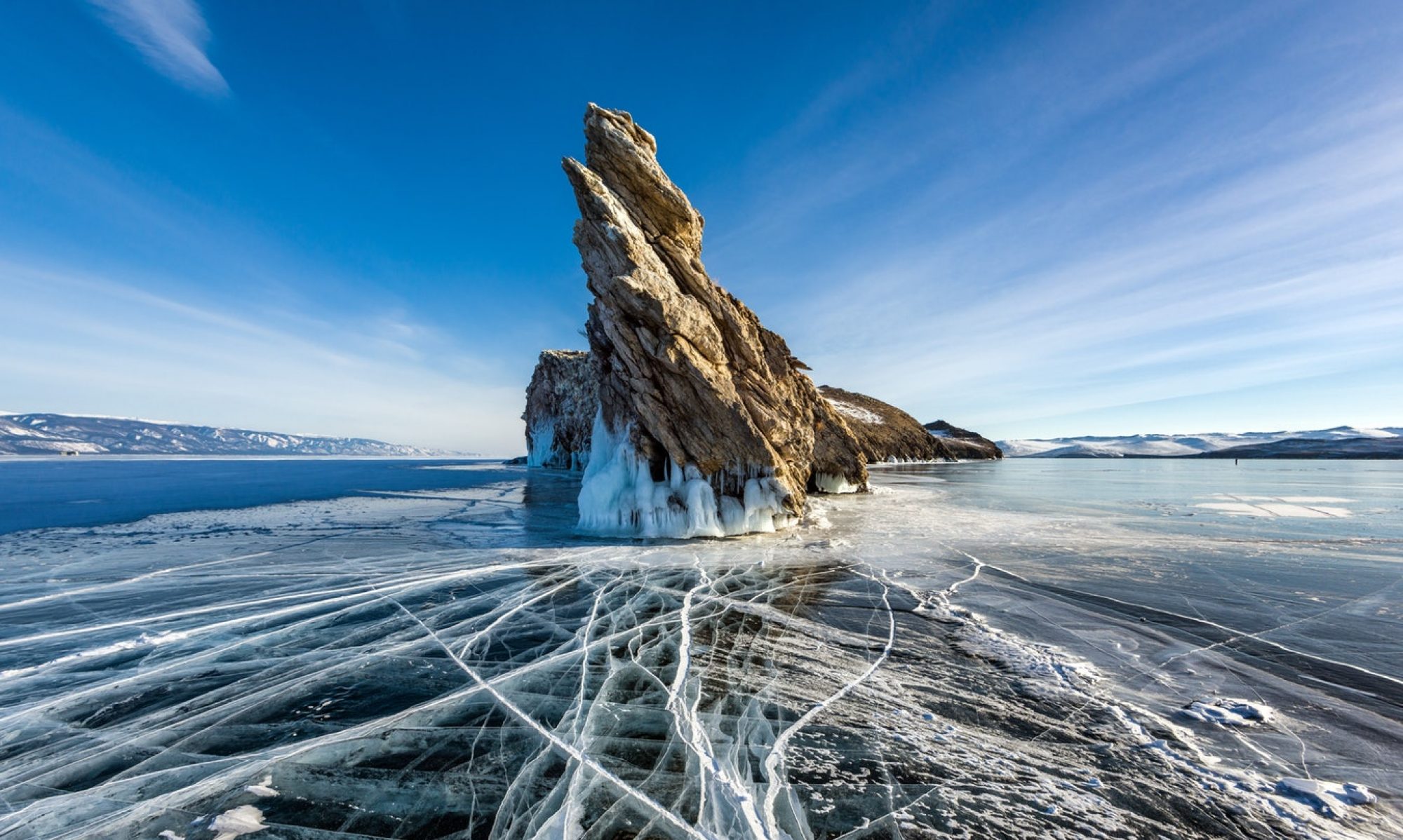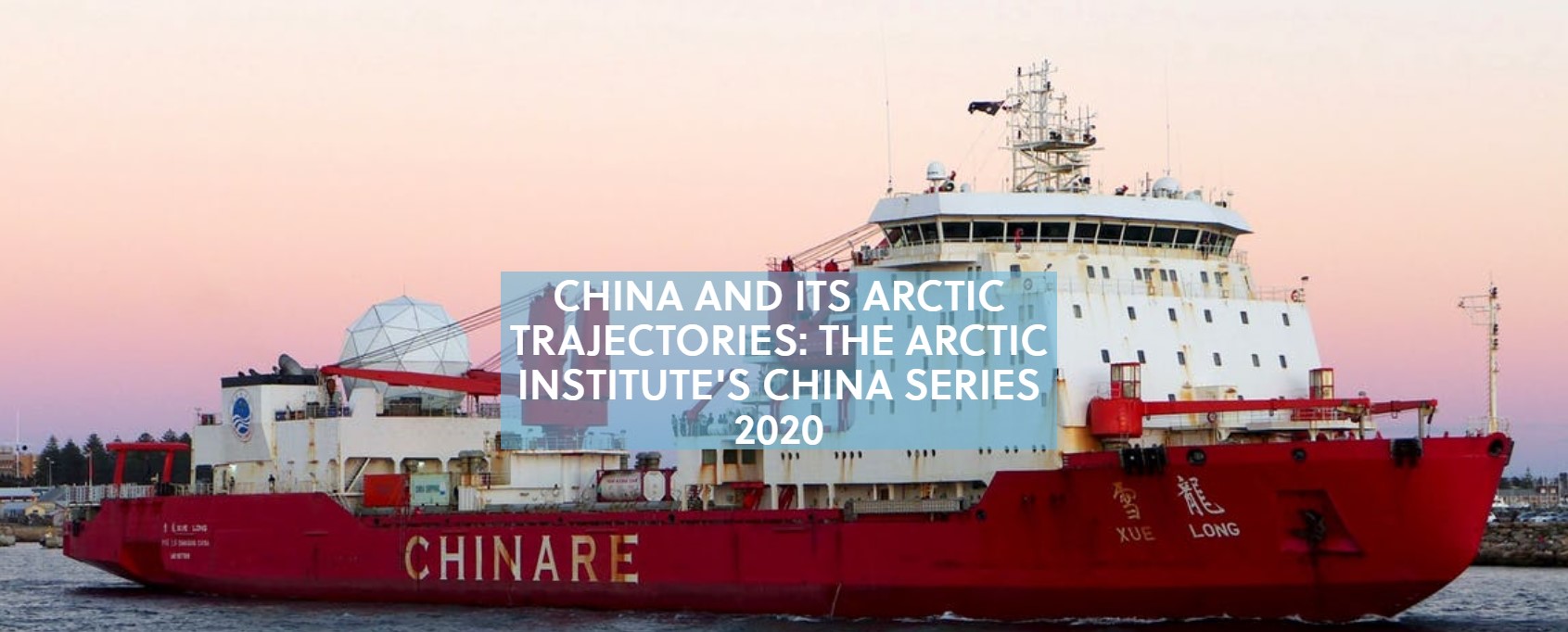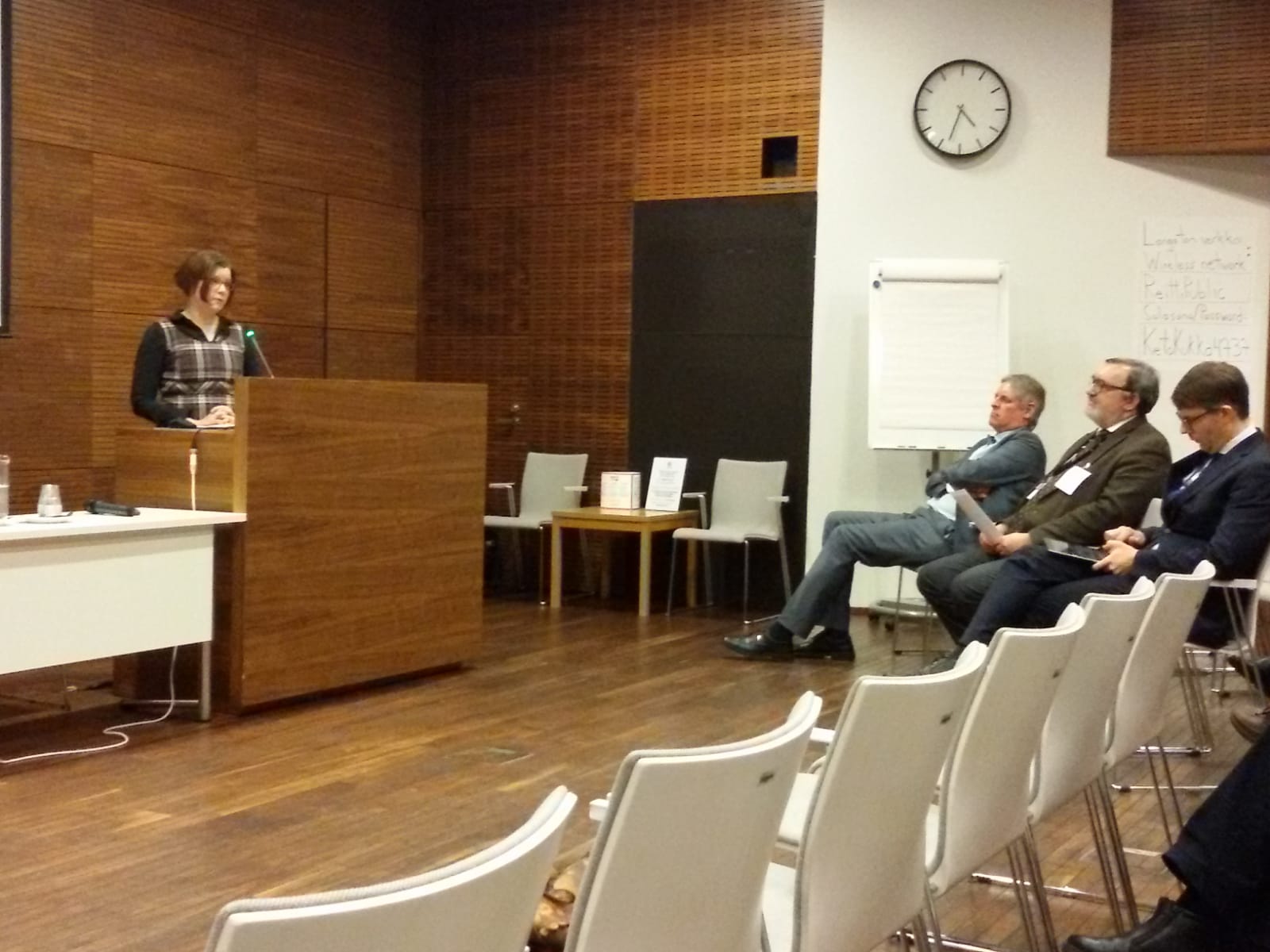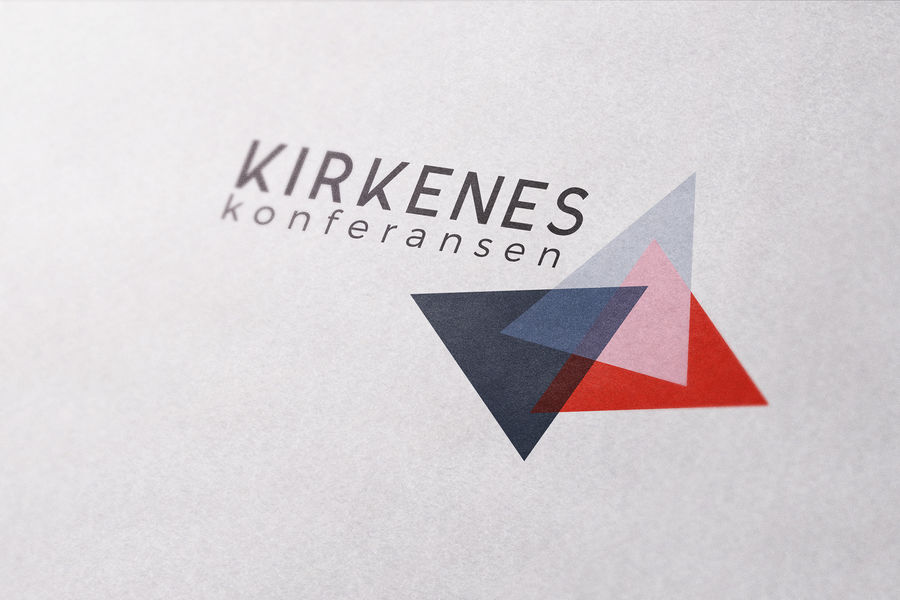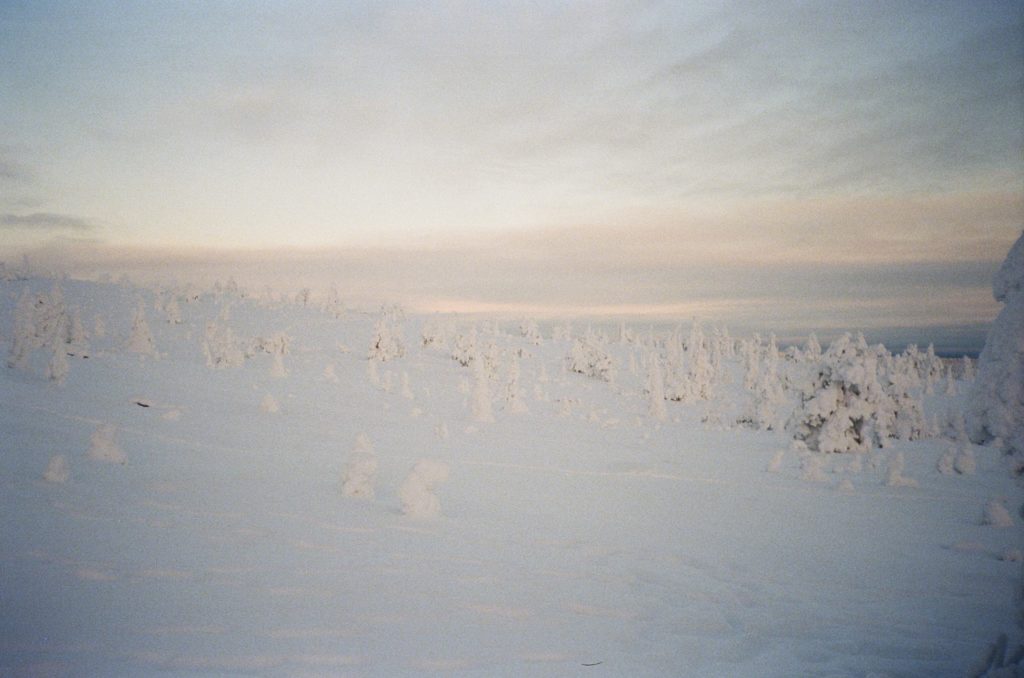The Arctic Institute has started its new China Series:
China’s Arctic engagement has increased considerably during the past decade, which has not only offered plentiful economic opportunities but also created new risks and concerns among the eight Arctic states, non-state actors, and peoples. To increase understanding of dimensions of Beijing’s Arctic activities, The Arctic Institute’s new China series probes into China’s evolving Arctic interests, policies, and strategies, and analyses their ramifications for the region (and beyond). Over the coming weeks, we will publish numerous articles and commentaries elaborating on the political, economic, environmental, and social dimensions of China’s Arctic involvement.
In the first article, Dr. Sanna Kopra provides a brief overview of the history of China and its Arctic policy, current economic activities in the area, and what does this engagement means for the environment and the future of the region.
The forthcoming articles of The Arctic Institute’s new China series do their bit in facilitating such cooperation by increasing understanding of the political, economic, and environmental dimensions of China’s Arctic engagement. Together, the articles will offer a comprehensive account of China’s policies and interests in the Arctic – highly recommended reading if we are to enhance international cooperation and secure a resilient future in the region.
Read the first article and follow the whole series at the Arctic Institute website.
